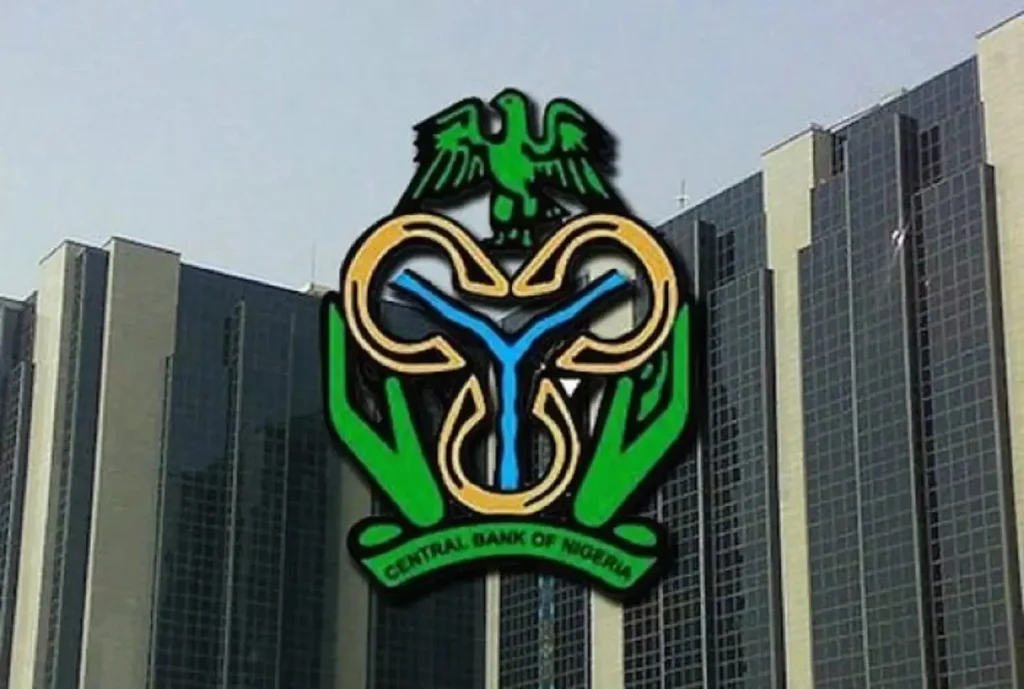Nigeria’s consumer credit saw a month-on-month (MoM) decline of 1.3%, falling to N2.37 trillion in October 2022 from N2.4 trillion in September 2022, according to the Central Bank of Nigeria (CBN) Economic Report for October 2022, as reported by Elizabeth Adegbesan on January 6, 2023. This downturn, detailed as of 09:11 PM WAT on August 27, 2025, reflects the impact of the CBN’s tightened monetary policy aimed at curbing inflation.
Impact of Monetary Policy Tightening
The CBN attributed the decline to a 0.2% drop in personal loans, a direct consequence of its aggressive monetary policy measures implemented in September 2022. The Monetary Policy Rate (MPR) was raised from 14% to 15.5%, the Cash Reserve Ratio (CRR) increased from 22.5% to a minimum of 32.5%, while the Liquidity Ratio remained at 30%. These adjustments led to higher bank lending rates, reducing the availability of consumer loans. The CBN noted, “Consumer credit outstanding declined, owing to the tight monetary policy stance of the bank, aimed at taming inflationary pressures in the economy.”
The total consumer credit of N2.37 trillion comprises N1.82 trillion in personal loans (76.7%) and N553.46 billion in retail loans (23.3%). As a share of total claims on the private sector, consumer credit decreased by 0.2 percentage points to 8.5% from 8.7% in September, highlighting the policy’s restrictive effect.
Expert Insights and Regulatory Vigilance
In the November 2022 Monetary Policy Committee (MPC) communique, Mrs. Ahmad Aishah, a member, emphasized the need for regulatory vigilance to mitigate credit risks within the financial system. This call underscores concerns that the tightening measures, while effective against inflation, could strain borrowers and lenders, a consideration that remains relevant as of late August 2025.
Economic Context and Implications
The decline in consumer credit aligns with the CBN’s strategy to control inflation, which had been a persistent challenge in 2022. However, this reduction may signal reduced consumer spending power, potentially impacting businesses reliant on credit-driven demand. The report’s findings provide a snapshot of the trade-offs involved in monetary tightening, a topic that continues to influence Nigeria’s economic policy discussions into 2025.
As the nation navigates its financial landscape, the CBN’s approach to balancing inflation control with credit accessibility remains under scrutiny. The October 2022 data serves as a historical benchmark, offering insights into the long-term effects of these policies on Nigeria’s economy.






